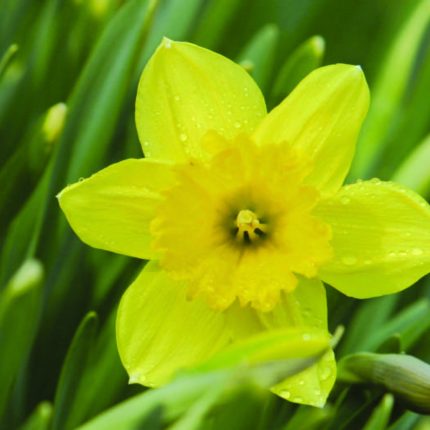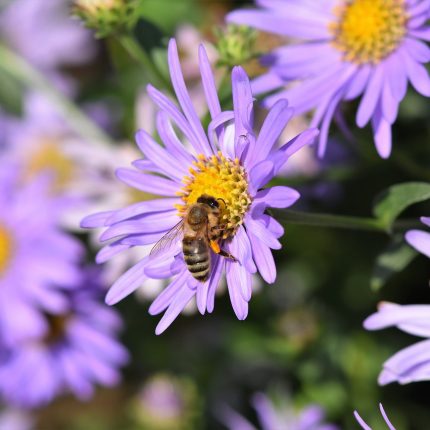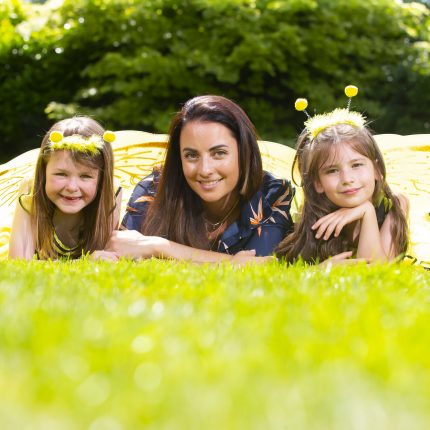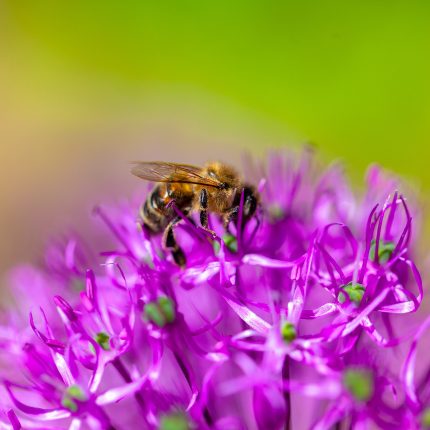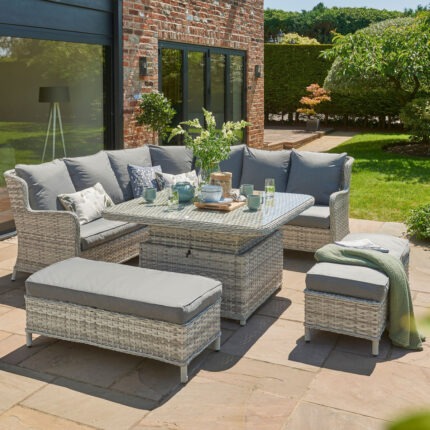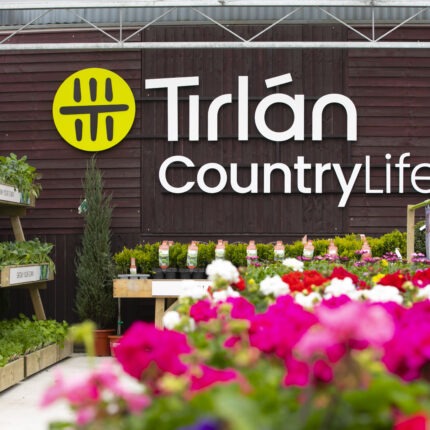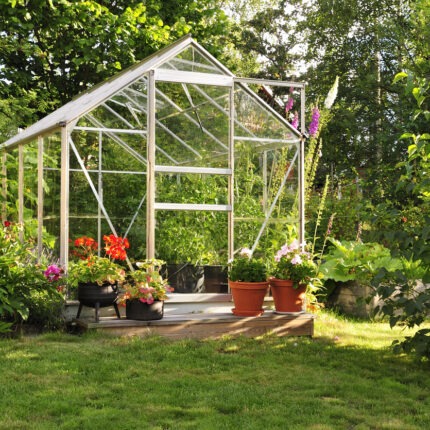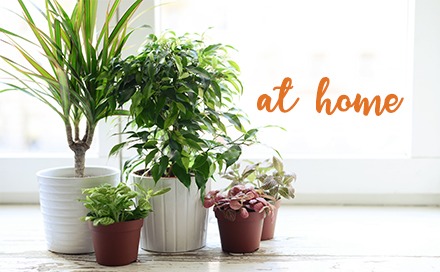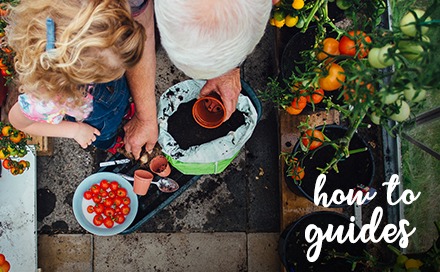Bee Friendly
Here are some steps you can take to make your spring garden more pollination-friendly.
All gardens have the potential to be pollinator friendly, not only for bees but for other pollinators such as butterflies and moths. Pollen is most vital for bees, however, as bees feed their young exclusively on pollen.
Wildflower Preparation
One of the first steps to creating a more welcoming home for bees is getting a bed ready by clearing weeds and getting the ground level. The best way of going about this is to cover your weeds with cardboard.
Remove the cardboard approximately a week or two prior to planting your seeds. Postpone planting your seeds if it looks like any other weeds are going to germinate, or simply pull them up.
Have the ground ready for planting by digging it over and ensuring it is level. Once this is done simply sprinkle your wildflower seed over the ground, rake it over lightly to ensure it is protected from birds and water it.
With proper maintenance your wildflower should hopefully be flowering by May or June.
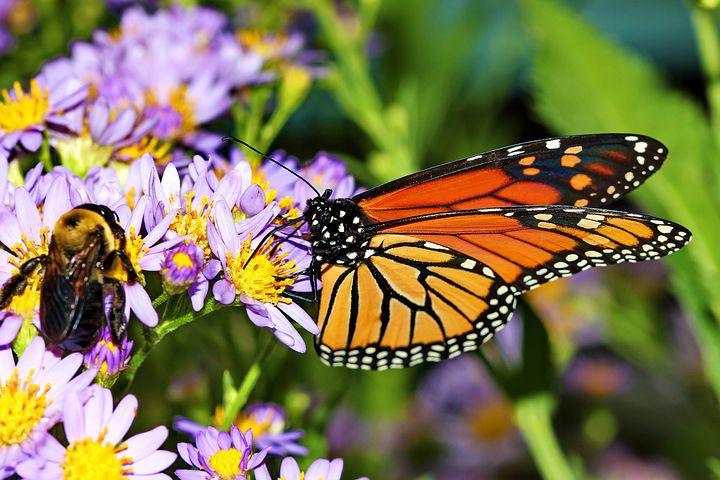
Leave the lawn alone!
Try to refrain from cutting your grass until the middle of April. This should give dandelions a chance to flower, which will provide plenty of pollen. You can, however, continue to mow your lawn as normal, so long as you leave it approximately 6 weeks at a time.
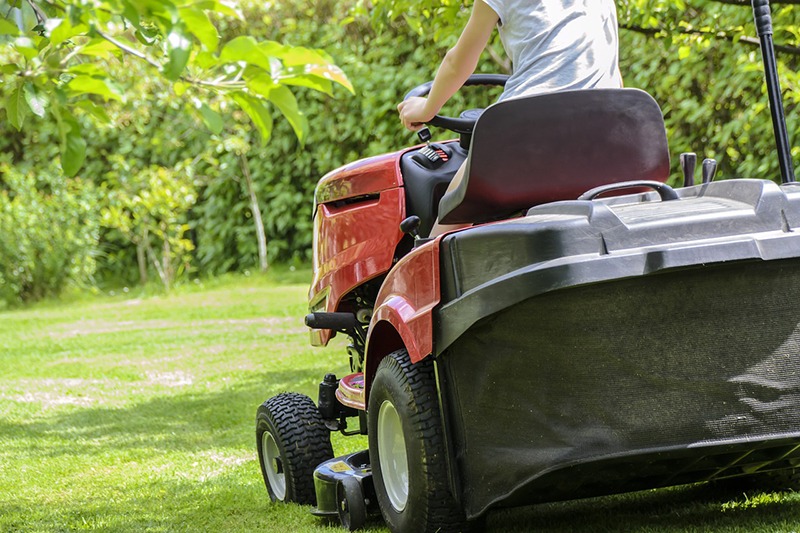
It also helps to use green manures rather than chemicals such as weedkillers and pesticides which are much less pollinator-friendly.
Perennial Wildflowers will bloom year after year
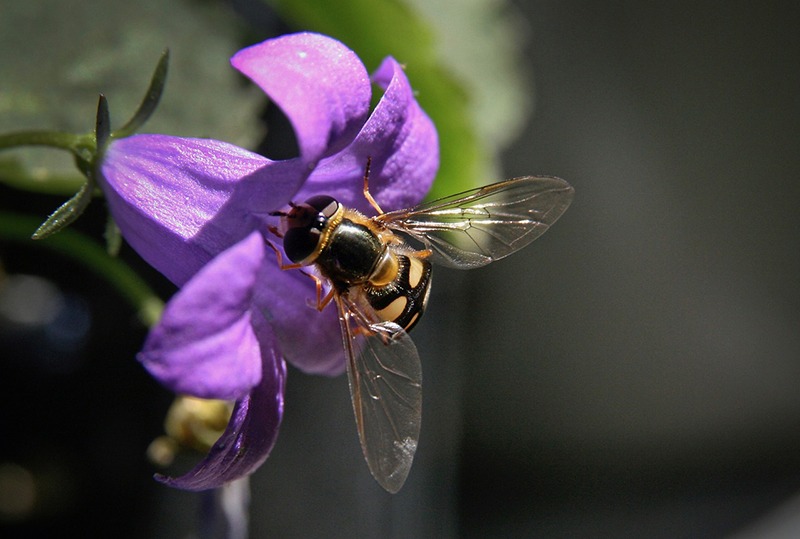
Pollinator-friendly perennial beds are an ideal way of providing pollinators with food. Ideally, plant your perennials in blocks as this can be more effective for feeding pollinators.
As well as increasing pollination rates, they can also shelter useful insects that provide natural pest control through their flowers and foliage.
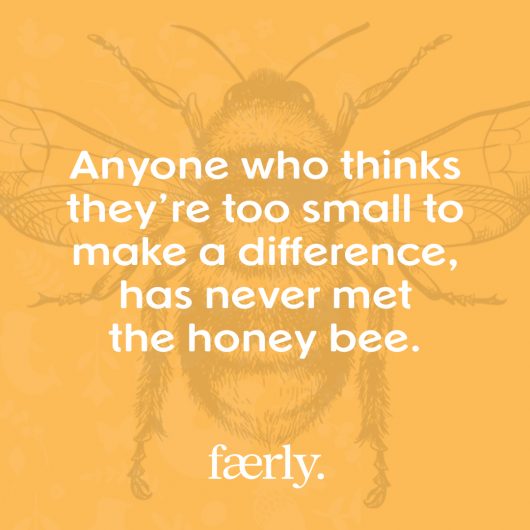
We’re here to help
If you have any questions about making your garden more attractive to pollinators, or want to know more about any plants we mentioned, talk to any of our horticulturists in store. If you have a specific problem like pest damage on a plant, it’s really helpful to bring us a photo of it. We’d love to help.

